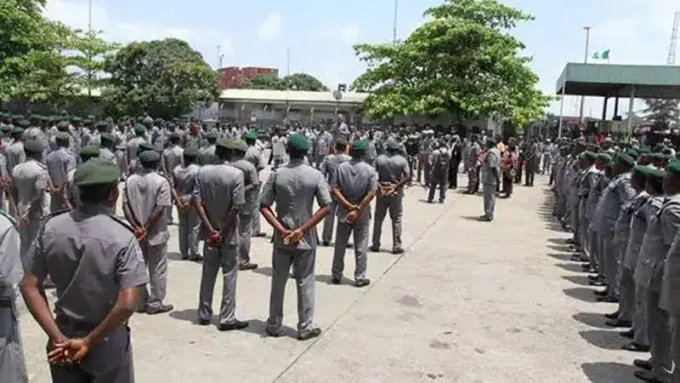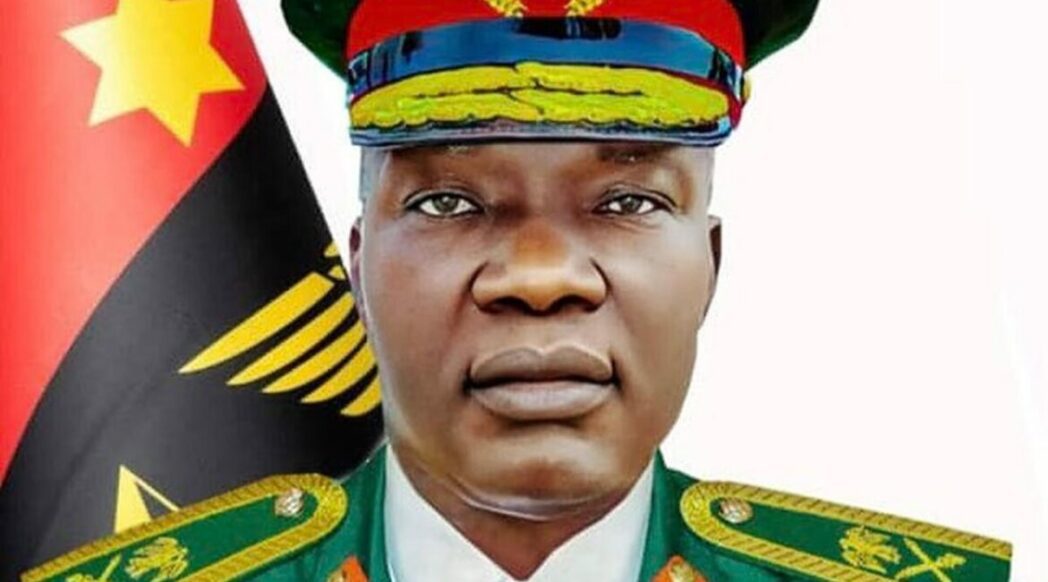The International Monetary Fund (IMF) clarified that it did not advise Nigeria to remove its fuel subsidy, emphasizing that the decision was a domestic choice by President Bola Tinubu. This statement came during the 2024 IMF and World Bank Annual Meetings in Washington, D.C., where the IMF’s African Region Director, Abebe Selassie, highlighted that Nigeria’s choice to end the fuel subsidy was part of President Tinubu’s reform agenda, independent of IMF direction.
In May 2023, President Tinubu declared “subsidy is gone” in his inaugural speech, sparking significant economic repercussions. The immediate removal of the fuel subsidy led to a sharp rise in petrol prices from N185 per litre to N1,200, a shift that contributed to inflation soaring to 32.7 percent. Furthermore, the Tinubu administration has introduced other reforms, including currency flotation and a gradual removal of electricity subsidies, with each change affecting Nigeria’s economic landscape.
Selassie clarified that the IMF’s involvement in Nigeria is limited to consultations similar to those it holds with other countries like Japan or the UK. “The decision was a domestic one. It was President Tinubu’s decision. We don’t have programmes in Nigeria,” he said. Nonetheless, he acknowledged the significant impact of these reforms and urged the Nigerian government to increase support for vulnerable populations to alleviate the social costs of these changes. “The government can mitigate these by expanding social protection for the most vulnerable,” he added.
Meanwhile, the IMF’s latest regional economic outlook projects Nigeria’s external debt-to-GDP ratio to rise to 25 percent in 2025, up from 22.7 percent in October 2024. This marks a substantial increase from 11.9 percent in October 2023, signaling escalating debt concerns. According to the IMF’s report, high inflation, fiscal deficits, and debt burdens are undermining economic stability in Sub-Saharan Africa, with Nigeria, Angola, Ethiopia, and Ghana facing particularly pronounced challenges.
The IMF also expressed concern over Nigeria’s social programs aimed at softening the impact of economic reforms like subsidy removal and exchange rate unification, noting that implementation has been slower than expected. High living costs are straining Nigerian citizens as inflation remains unchecked and the economy adjusts to the ongoing reforms.
While the IMF has historically advised Nigeria to eliminate fuel subsidies and adopt a unified exchange rate, it acknowledges the heavy toll on Nigerian citizens. “We welcome those reforms, while also recognizing that they have entailed quite a lot of internal adjustment costs,” Selassie said. Moving forward, the IMF urges Nigeria to address the challenges associated with these economic shifts to improve the financial outlook for its citizens.












I think the IMF should focus on providing solutions for sustainable development in Nigeria, rather than just fuel subsidy removal.
I think IMF should just mind their business and let Nigeria handle their own fuel subsidy issues. IMF always meddling!
I dont buy the IMFs explanation on fuel subsidy removal in Nigeria. It reeks of hidden agendas. Trust no one!
I think the IMF should stay out of Nigerias fuel subsidy issue. Let them handle their own economy.
I think IMF is just trying to control Nigerias economy like a puppet. They dont really care about the people.
IMF is providing guidance, not control. Nigerias economy needs stability for growth. Lets be open-minded.
I think the IMF should focus on supporting sustainable solutions, not just fuel subsidy removal. Lets think long-term!
I think the IMF should stay out of Nigerias fuel subsidy issue. Let them handle their own economic challenges!
I think the IMF is just trying to control Nigerias economy. We should stand up against these international organizations!
I dont buy it! IMFs involvement in Nigerias fuel subsidy removal seems fishy. Are they really helping or hurting? Lets discuss.
The IMF should focus on supporting local industries in Nigeria instead of pushing for fuel subsidy removal. #EconomicJustice #LocalEmpowerment
I dont buy it! IMFs involvement in Nigerias fuel subsidy removal smells fishy. Whos really benefiting from this decision? 🤔
Interesting how IMF clarifies its role in Nigerias fuel subsidy removal. Do you think this will truly benefit the economy?
Do you think the IMF truly understands the impact of fuel subsidy removal on the average Nigerian? 🤔
Interesting read on IMF clarifying role in Nigerias fuel subsidy removal. Do you think it will help or hurt the economy?
Do you think the IMFs involvement in Nigerias fuel subsidy removal will actually benefit the economy, or will it worsen the situation?
Do you think the IMF really has Nigerias best interests at heart? Or is there a hidden agenda at play here? 🤔
I believe the IMFs involvement in Nigerias fuel subsidy removal raises questions about sovereignty and economic stability. What do you think?
The IMFs involvement in Nigerias fuel subsidy removal raises questions about sovereignty and economic sustainability. Is this intervention really beneficial?
Seems like IMF is stirring the pot in Nigeria! Do you think removing fuel subsidies will really help the economy? 🤔